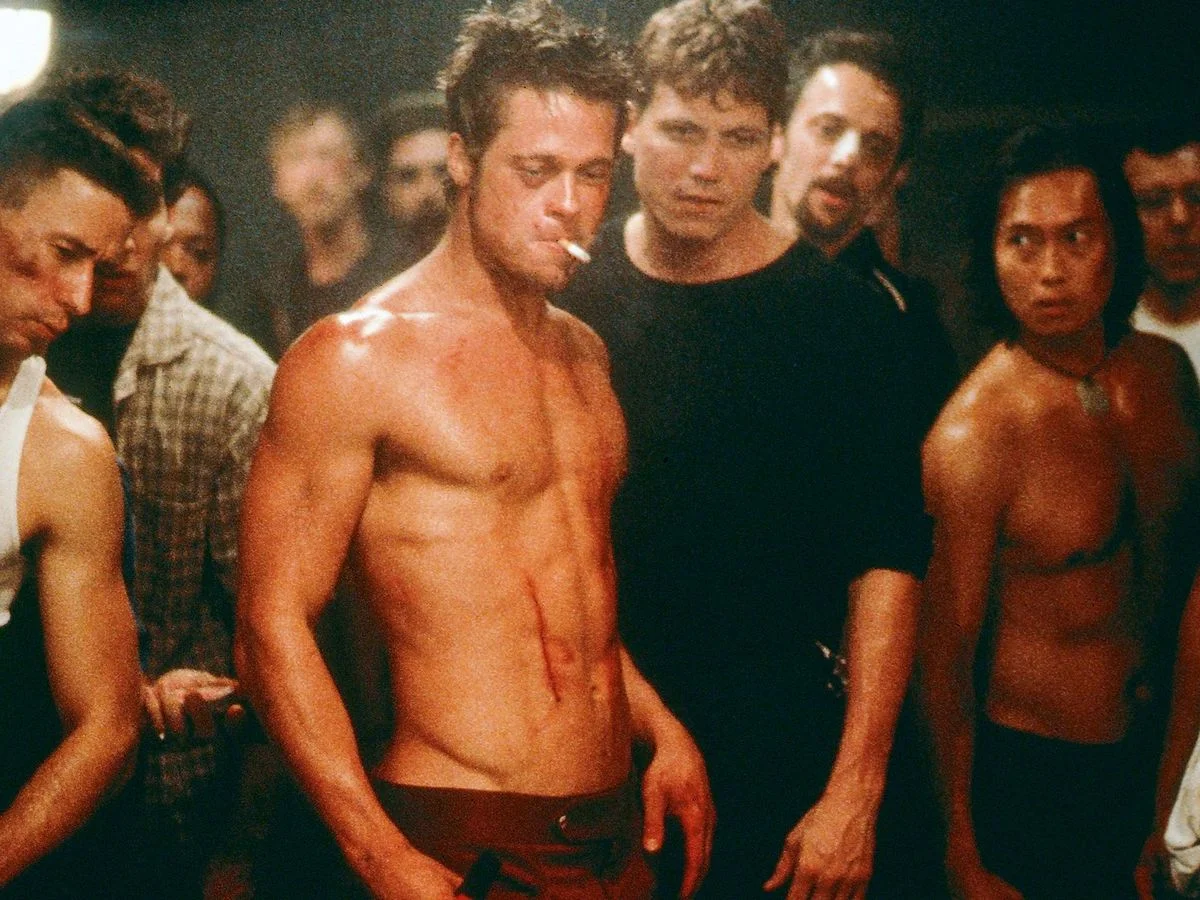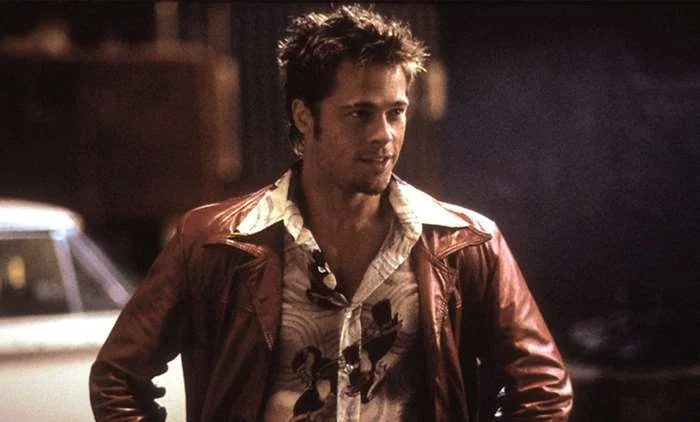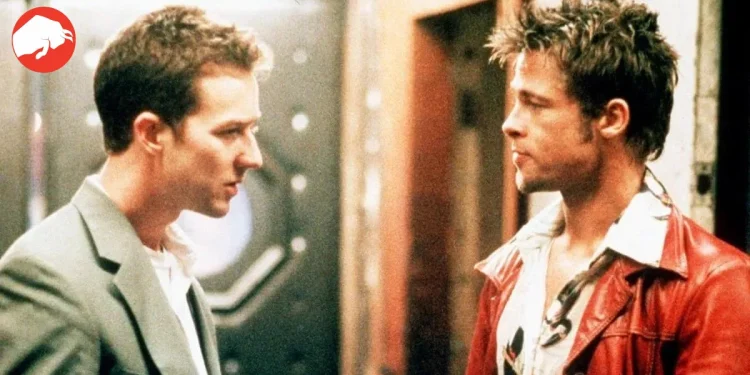You Are Not Your Ending: Unpacking the Mind-Boggling Finale of Fight Club
Who can forget the first time they watched Fight Club? David Fincher‘s 1999 classic shook the cinematic world, leaving everyone buzzing with a multitude of emotions and an insatiable need to break some rules—most importantly, talking about Fight Club.
“Though we might be breaching the first rule of Fight Club, the twist ending can still leave viewers scratching their heads and questioning everything they have seen and heard.”
Let’s get our hands dirty by dissecting the ending that still has audiences talking, even as Fincher keeps the shocks coming with his latest film, The Killer starring Michael Fassbender.
The Fight Club Ending That You Thought You Knew
“The ending to Fight Club includes one of the most memorable twists in cinema – when it is revealed that Brad Pitt’s character Tyler Durden is, in fact, nothing more than the imaginary alter ego of the narrator (Edward Norton), and as such, all the acts carried out by Durden were actually his own.”
In an era where twist endings are dime a dozen, Fight Club delivered a shock that was both unexpected and deeply rooted in its narrative arc. Edward Norton’s narrator shoots himself to effectively “kill” Tyler Durden, his audacious alter ego played by Brad Pitt.
“The narrator initially attempts to put a stop to this plan and kills off his alter ego in the process by shooting himself, but it is too late – and the bombs detonate, with the narrator and his girlfriend Marla (Helena Bonham Carter) calmly watching on as the buildings are blown up.”
Just when you think it’s over, the film caps off with an iconic shot of crumbling buildings, as the narrator and Marla witness the fruits of their Project Mayhem. However, it leaves one pondering the very fabric of the tale’s reality.
“The ending of the film is shrouded in ambiguity, however, as the events of the entire movie are called into question due to the narrator not actually having experienced reality as it actually panned out.”
It’s the kind of ending that has viewers revisiting the film, seeking hidden clues like archeologists at a newly-discovered site.

The Chinese Cut: A Divergent Path
You think you’ve heard it all? Wait till you hear about the alternate version.
“In the version that had been available in China, while much of the ending had been kept intact […] the scene in which the narrator and Marla watch as the buildings are blown up is cut completely, replaced by text explaining: ‘The police rapidly figured out the whole plan and arrested all criminals, successfully preventing the bomb from exploding.'”
The altered Chinese version caused quite a stir, not just for its divergence but for how it realigned with the book’s ending. The censorship for “authority winning out” received its share of backlash, although it’s worth noting that the original ending has since been restored on Tencent Video, albeit with certain scenes still omitted.
Returning to the Source: Fight Club’s Original Book Ending
“In the book, after the narrator shoots himself […] he blacks out and wakes up in a mental hospital, believing that he is now in heaven.”
Chuck Palahniuk, the author of the source material, crafted an ending that resonates differently yet powerfully. The narrator wakes up in a mental hospital, leading him to believe he’s in heaven. But here’s the kicker.
“Crucially, it is then revealed that the narrator’s alter ego could yet return, with hospital employees approaching him and explaining that they are members of Project Mayhem and that they expect Tyler to come back.”
The ominous feeling that Tyler Durden might just make a return keeps readers on edge, true to Palahniuk’s signature style.
“The irony is that the way the Chinese have changed it, they aligned the ending almost exactly with the ending of the book, as opposed to Fincher’s ending, which was the more spectacular visual ending. So in a way, the Chinese brought the ending back to the book a little bit.”

The Ringing Echoes: The Legacy and Debate Over Fight Club’s Ending
Fight Club remains an enigmatic experience—a canvas of multiple interpretations. Whether it’s the cinematic, the altered, or the original literary ending, each serves as a distinct lens through which we can examine this timeless narrative. What each version does assure is that this tale of anarchy, identity, and societal discontent will continue to fuel debates for years to come.
So, which ending packs the strongest punch for you? We’re all ears—after all, the first rule of Fight Club doesn’t say anything about not writing about it.









